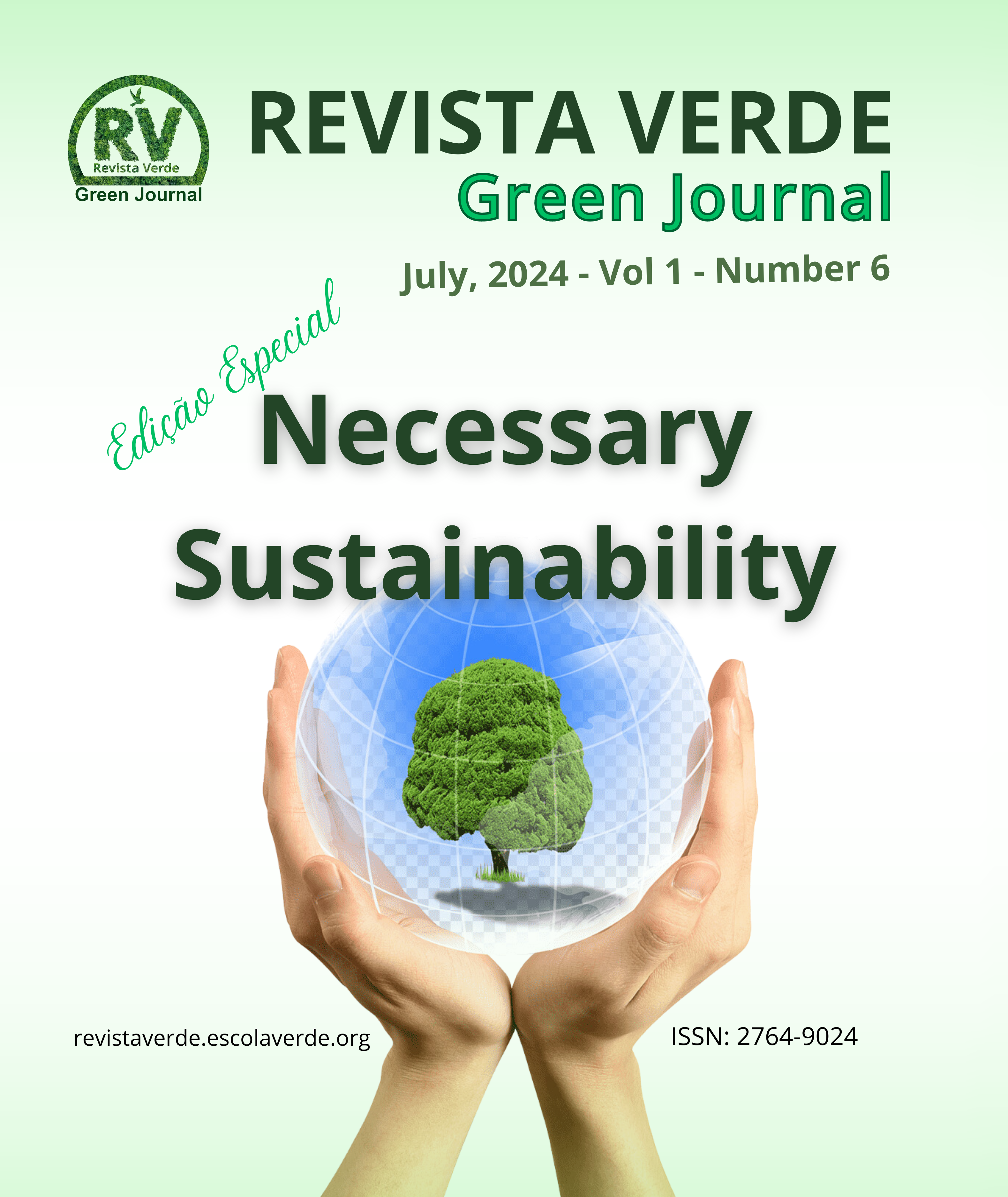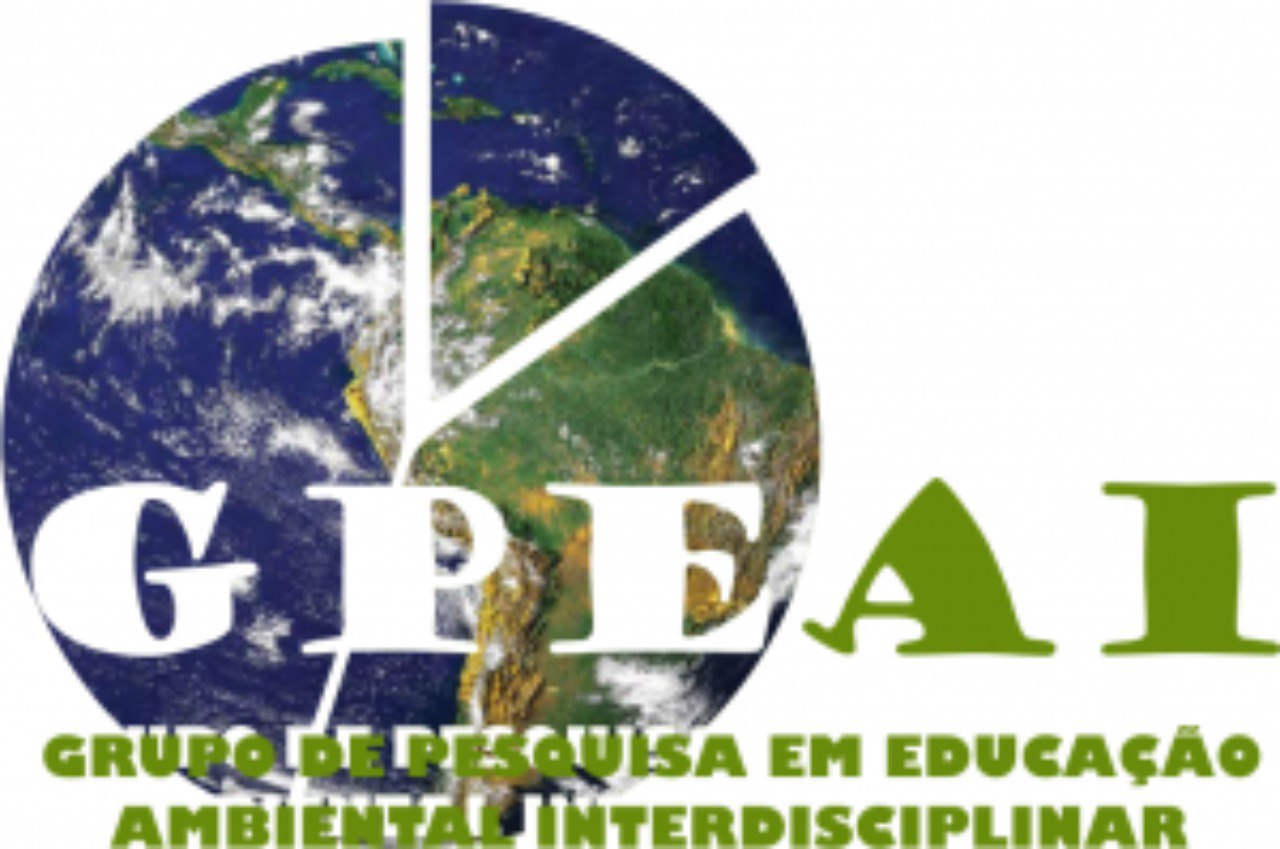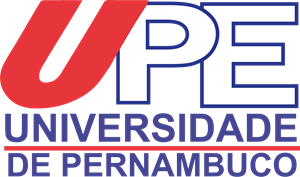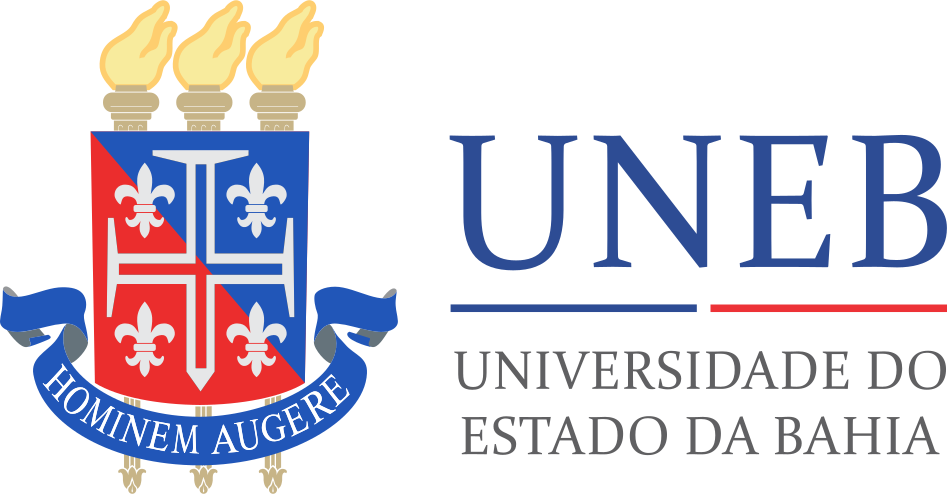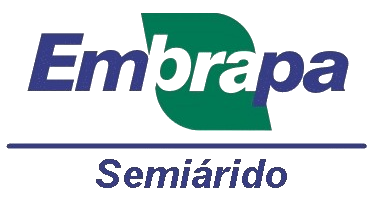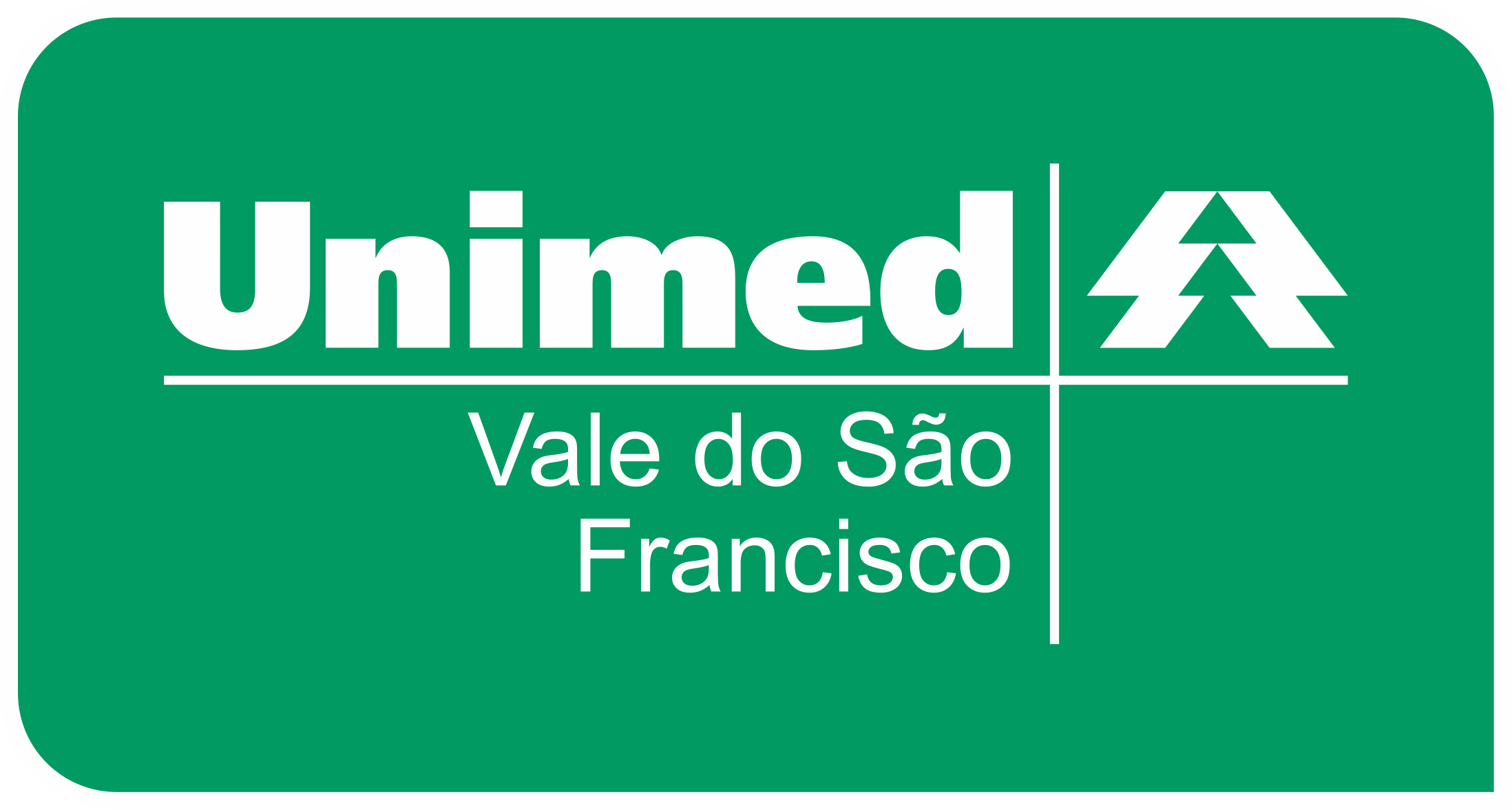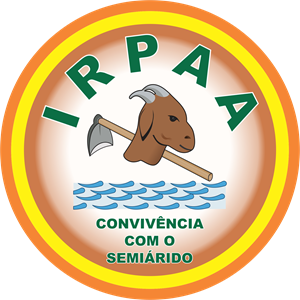EDUCAÇÃO AMBIENTAL E PRÁTICAS AGROECOLÓGICAS NA ESCOLA DE TEMPO INTEGRAL COMO ELEMENTOS CURRICULARES E ATENUADORES DAS MUDANÇAS CLIMÁTICAS
Keywords:
Contextualized education, curriculum, peasant families, temperature variationAbstract
The mass media daily report some extreme weather phenomena and, every day, there is a lot of talk about environmental education, as well as production methods that do not harm the soil and the environment. At this juncture, discussions are opening up about environmental education and agroecological practices. Recently, the Ministry of Education launched the full-time school program with the aim of improving the quality of public education offered. Given the importance of this policy of increasing school time, it is necessary to reflect on the quality of learning that these students should receive in this extra time, with a longer workload. The school must create strategies and improve the curriculum so as not to cause fatigue with decontextualized educational content for the student, contributing to the strengthening of social bonds and the exchange of experiences for their family and community life. In this sense, this study aims to present the activities developed within the scope of Escola Rural Paulo Limaverde, in the district of Santa Fé, in Crato, Ceará, as a contribution to environmental education and agroecological practices in the full-time school as curricular and mitigating elements of climate change. The methodology used took into account the following building elements: participant observation, bibliographic survey, research on the National Institute of Meteorology platform – INMET/CLIMAP 3.0, with production of graphs related to temperature variation in the municipality of Crato-Ceará, direct contacts with the school management nucleus, students, teachers, parents and dissemination organizations that promote agroecological practices in partnership with local peasant social organizations. To support the arguments, we define historical-dialectical materialism as a theoretical orientation, as we understand that structural changes in society begin in the economic sphere. The actions studied in the analyzes of this work led to the conclusion that the urgent need to strengthen environmental education experiences and agroecological practices is a guide to attitudes that change or even reduce the constant impacts in the climate field, especially with the increase in temperature and low rainfall levels for agricultural production. The organization of events in the school community sought to involve everyone in discussions and dissemination of actions, through ecological cycling tours, planting native trees, launching seed bombs, supporting local organic production fairs with agroecological practices in communities in the district. of Santa Fé. Understanding the mechanics of nature is an important step to reflect a dynamic of living and establishing values and creating structures that strengthen the foundations that support an entire complex system of biological composition of life with interdisciplinary environmental education, agroecological practices and social technologies that are highlighted as steps to be followed.
Downloads
Downloads
Published
Issue
Section
License
Copyright (c) 2024 Green Journal

This work is licensed under a Creative Commons Attribution-NonCommercial-NoDerivatives 4.0 International License.

